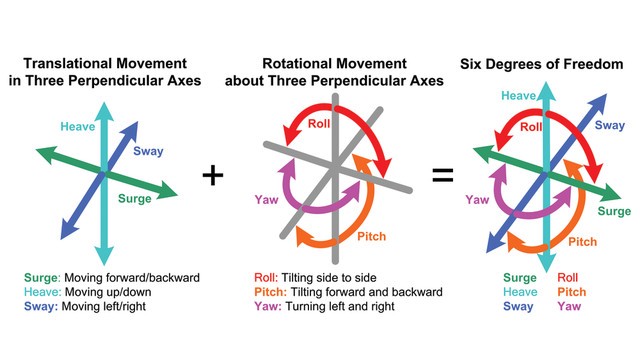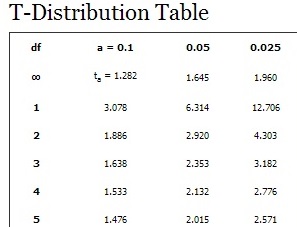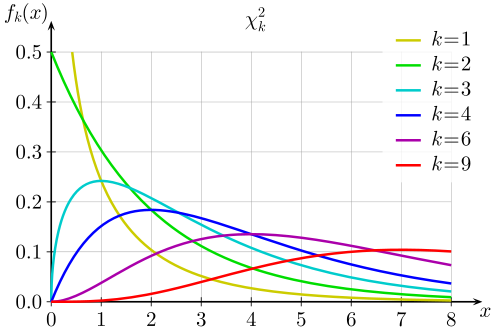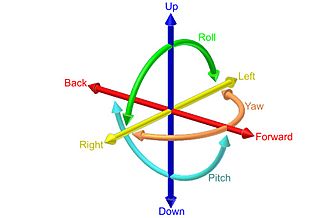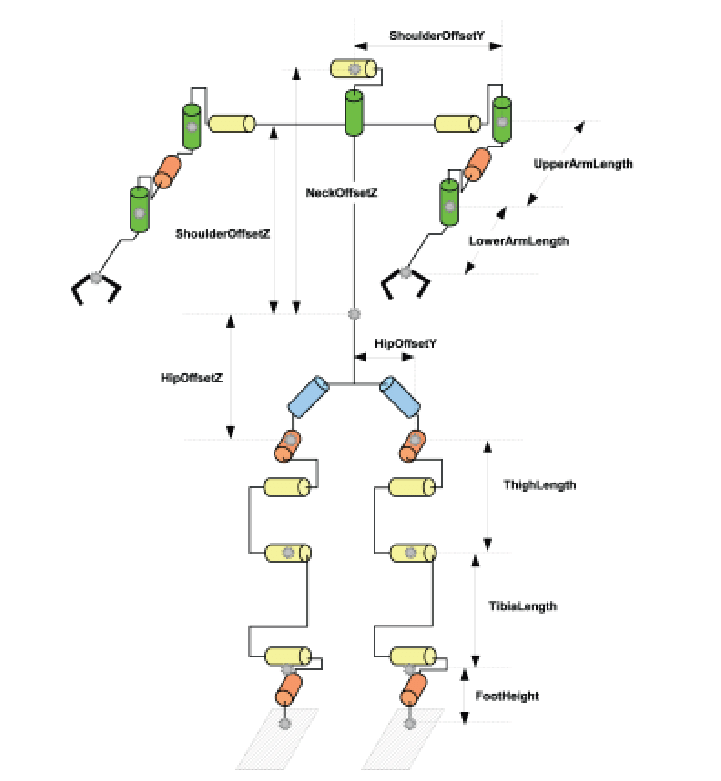
noun
- Statistics. any of the statistically independent values of a sample that are used to determine a property of the sample, as the mean or variance.
- Physical Chemistry. any of the independent variables required to specify the energy of a molecule or atom.
noun
- physics one of the minimum number of parameters necessary to describe a state or property of a system
- one of the independent components of motion (translation, vibration, and rotation) of an atom or molecule
- chem one of a number of intensive properties that can be independently varied without changing the number of phases in a systemSee also phase rule
- statistics one of the independent unrestricted random variables constituting a statistic
- Any of the independent thermodynamic variables, such as pressure, temperature, or composition, required to specify a system with a given number of phases and components.
- Any of the independent terms used to characterize the way a physical system can store energy. For example, a molecule consisting of two atoms can be thought of as having three degrees of freedom: one for its linear motion (as the whole molecule moves through space), one for its angular motion (as it rotates around its center of gravity) and one for its internal vibrational energy (as the atoms pull and push against each other within their chemical bond).
 Liberal Dictionary English Dictionary
Liberal Dictionary English Dictionary
